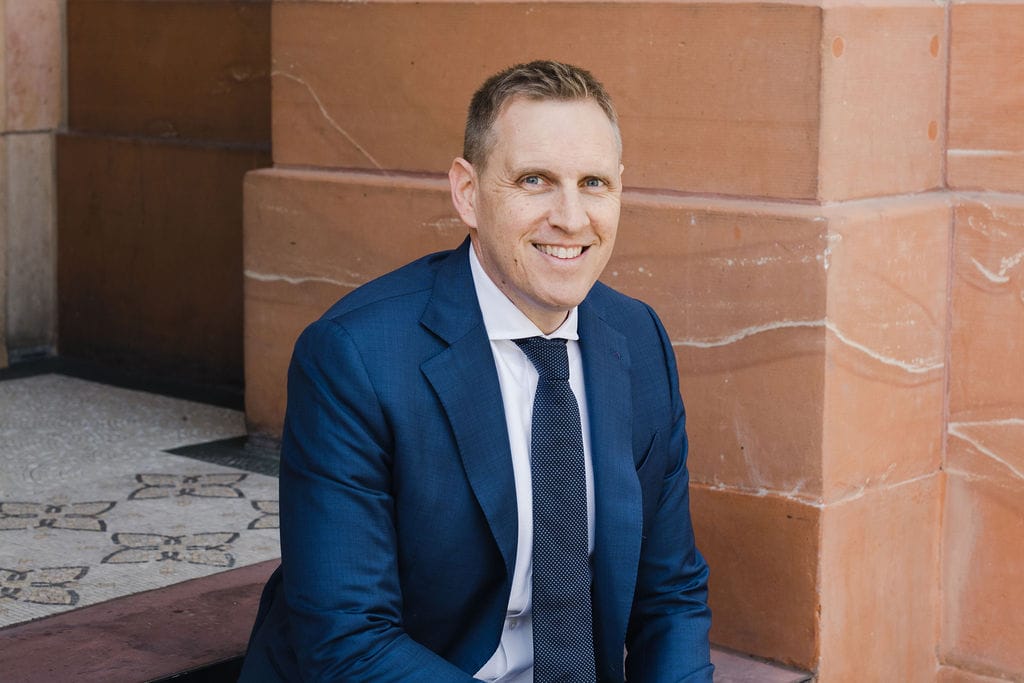

Times are changing and there is growing consumer demand for corporations to act ethically. You may have heard the term ‘CEO activism’. It’s a recent addition to business vernacular and refers to increasing instances of CEOs aligning with political causes or taking action.
Ed Stack, CEO of Dick’s Sporting Goods, is an example of this. He took a political stance on gun violence, deciding to remove assault-style weapons from stores and raising the minimum age to purchase guns to 21. Nike CEO Mark Parker also joined the ranks of CEO activists by choosing to feature ads with Colin Kaepernick, the NFL quarterback, and racial justice activist.
Corporate social responsibility is becoming a tenet of business, and a changing media landscape means decisions businesses make are on display, as too are the things they choose to stay silent on. As Harvard Business Review states: “With a 24-hour news cycle and social media fanning polarization, it’s more problematic for organizations and their CEOs to remain neutral.”
Chances are, as a GC you may find yourself in a position where your CEO decides to take a political stance and it will be your job to determine the best way to do so. The most important piece of advice Wardel has is to be supportive. In his opinion, the worst thing you can say as GC is “we should never talk about politics”.
He points out that a GC should accept “we are going to be involved – we are going to say something – but let’s make sure we do it the right way”. But what is the right way?
Wardel believes it comes down to determining the potential consequences of decisions. When a company takes a political stance there will be knock-on effects for investors, employees, the market, and in some cases, wider society. The GC needs to estimate potential effects and how they will implicate these groups of people.
In his opinion, employees should come first. “A company is as beholden to its employees as it is to its investors,” he says. They are the human capital of your company and their wellbeing should be paramount. Ask if you will be putting them at risk. Will you be improving their livelihoods? Are you improving their working conditions or personal lives? Making a political statement as a business needs to take employees into consideration.
Next, come investors. A GC needs to be extremely clear on the potential financial implications of a political statement and discuss these with their CEO. Not all companies have investors, but those who do find their participation and support essential, so you should always consider how they may react.
Clients will also be implicated by a political statement. Will you lose some who don’t align with your political belief, or perhaps gain those who approve of your stance? Wardel advises a GC to look into this, and be ready for the ups and downs that may follow before making a statement.
In some cases, a GC will realize that the consequences of making a political statement are overly high risk, potentially negatively impacting their people, drastically impacting business profit or scaring off too many investors. A good GC will have an appetite for risk while knowing what is going too far. As a business, you need to decide where that line is, together.
“Know exactly where you are going to stand and the consequences of such,” is Wardel’s advice.


